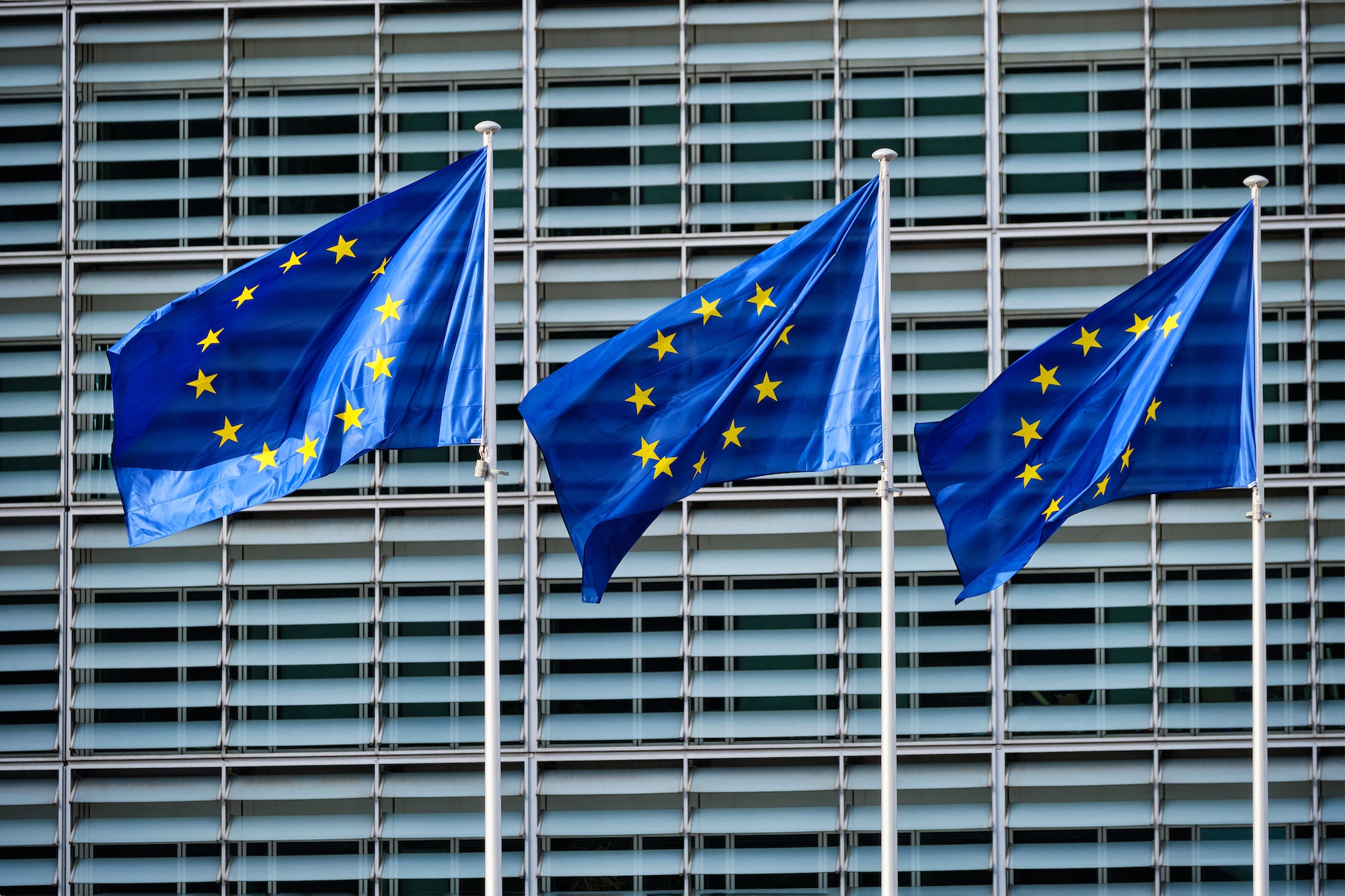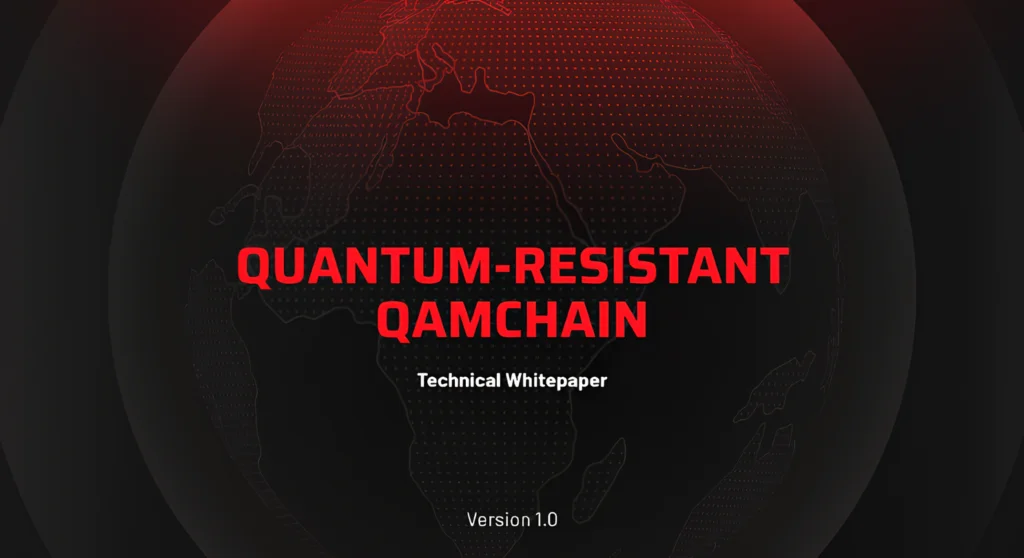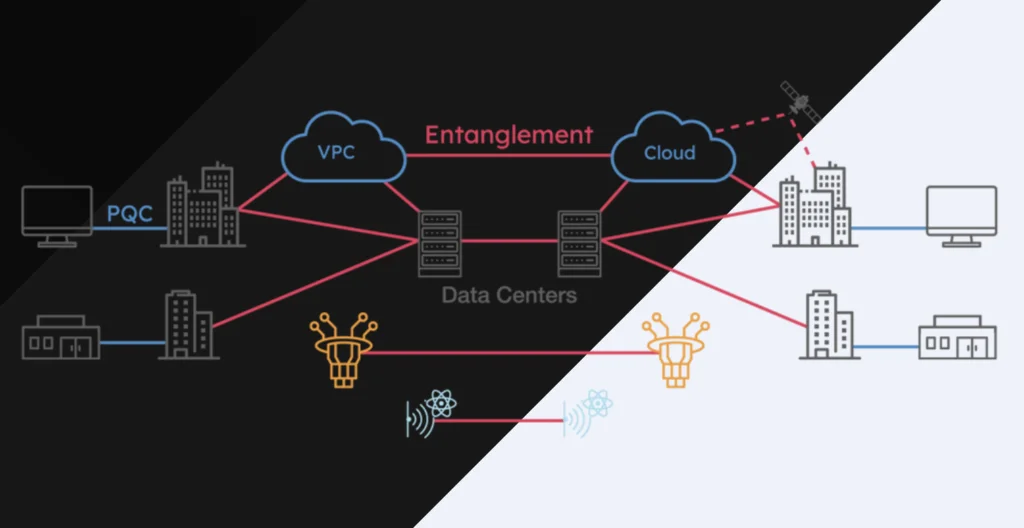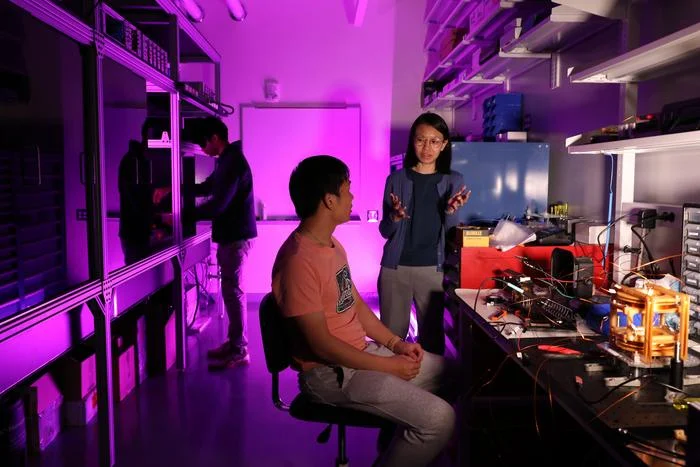Insider Brief
- The European Commission has published a Recommendation on Post-Quantum Cryptography.
- The guidelines are meant to encourage Member States to develop and implement a harmonised approach as the EU transitions to post-quantum cryptography.
- The recommendation complements the work already being done by many countries and at international level to develop and select post-quantum cryptography algorithms for standard.
PRESS RELEASE — The European Commission has published a Recommendation on Post-Quantum Cryptography to encourage Member States to develop and implement a harmonised approach as the EU transitions to post-quantum cryptography. This will help to ensure that the EU’s digital infrastructures and services are secure in the next digital era.
While quantum technologies will bring many economic and societal benefits, advances in quantum computing are expected to make it easier for malicious actors to access sensitive data, unless we advance our cryptography.
It is vital that communications remain protected in the future for the security of our citizens, societies, economies and the EU’s digital single market. Post-Quantum Cryptography is one of the solutions to this future threat, as it is based on mathematical problems that are difficult even for quantum computers to solve. As a software-based solution, post-quantum cryptography is compatible with our existing infrastructures in several sectors, and so can be deployed relatively swiftly.

The Recommendation addresses the need for a coordinated approach to Europe’s transition to a quantum-safe digital infrastructure. It will help Member States develop a consistent strategy as they migrate towards more secure ways of protecting their digital infrastructures. This will promote interoperability between countries, allowing systems and services to function seamlessly across borders.
The Recommendation complements the work already being done by many countries and at international level to develop and select post-quantum cryptography algorithms for standards, including the research efforts done by EU-funded projects, the recent report from the European Agency for Cybersecurity (ENISA), and discussions on post-quantum cryptography at international level, such as in the EU-US Trade and Technology Council and Cyber Dialogue.
Recommendation on Post-Quantum Cryptography
If you found this article to be informative, you can explore more current quantum news here, exclusives, interviews, and podcasts.















